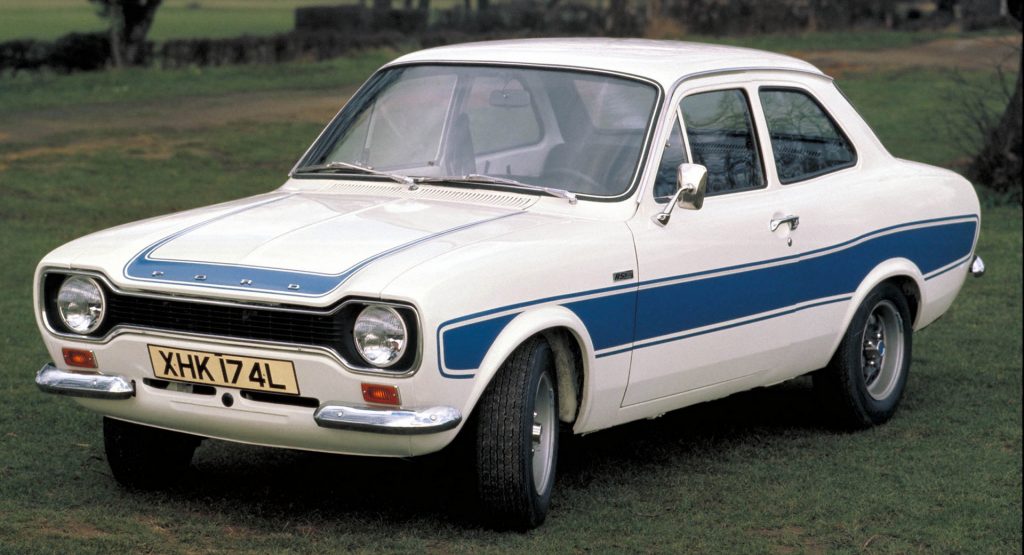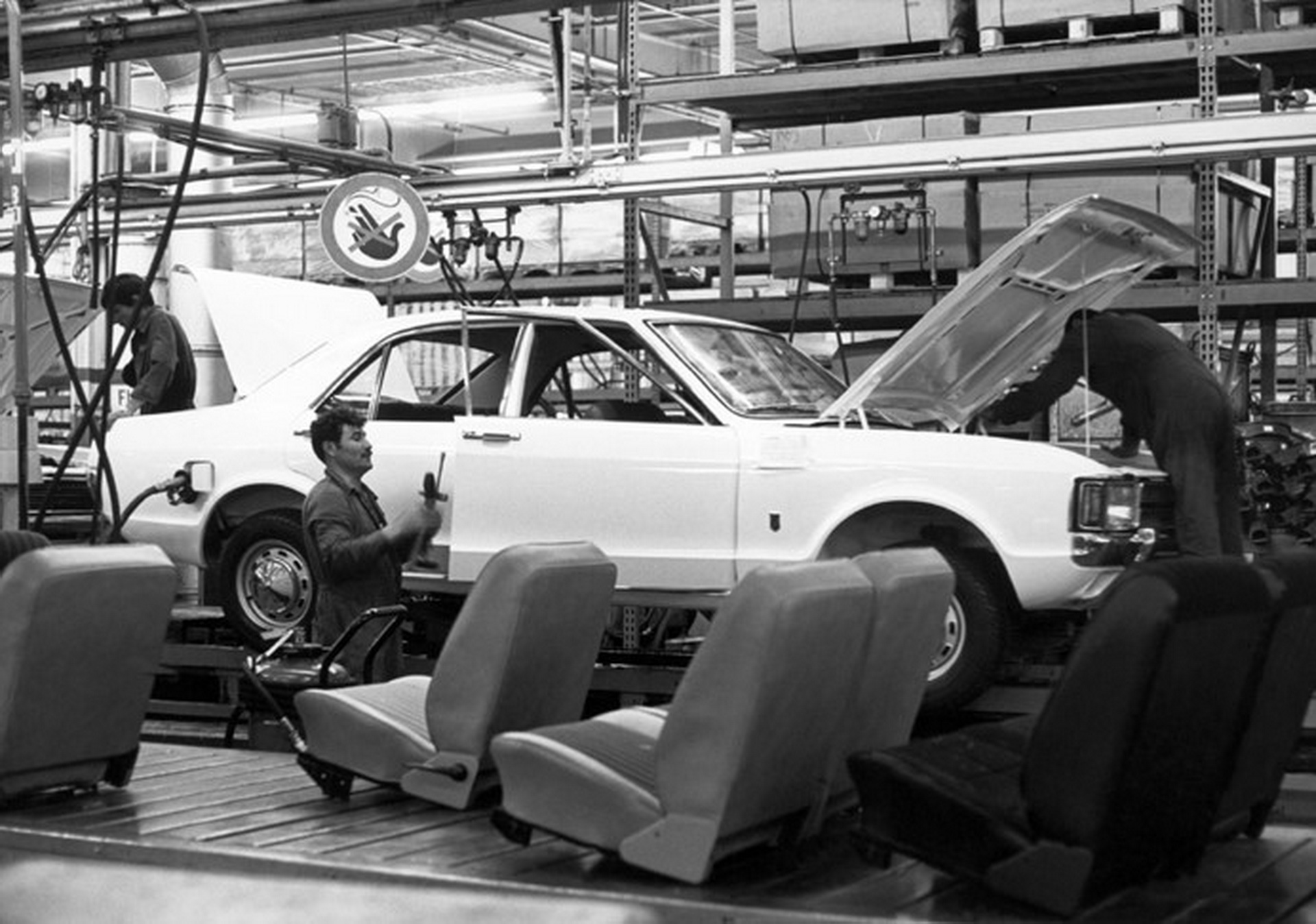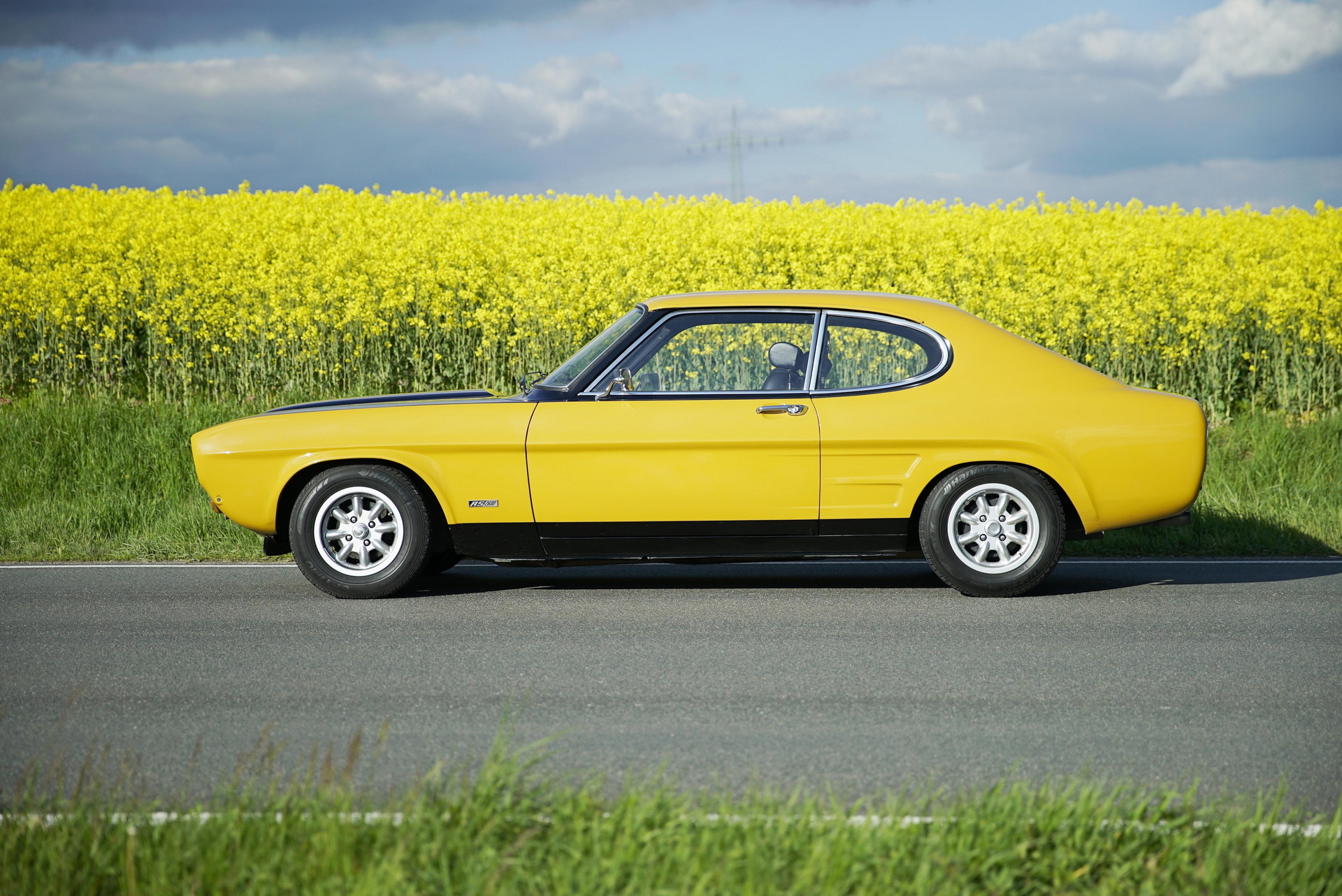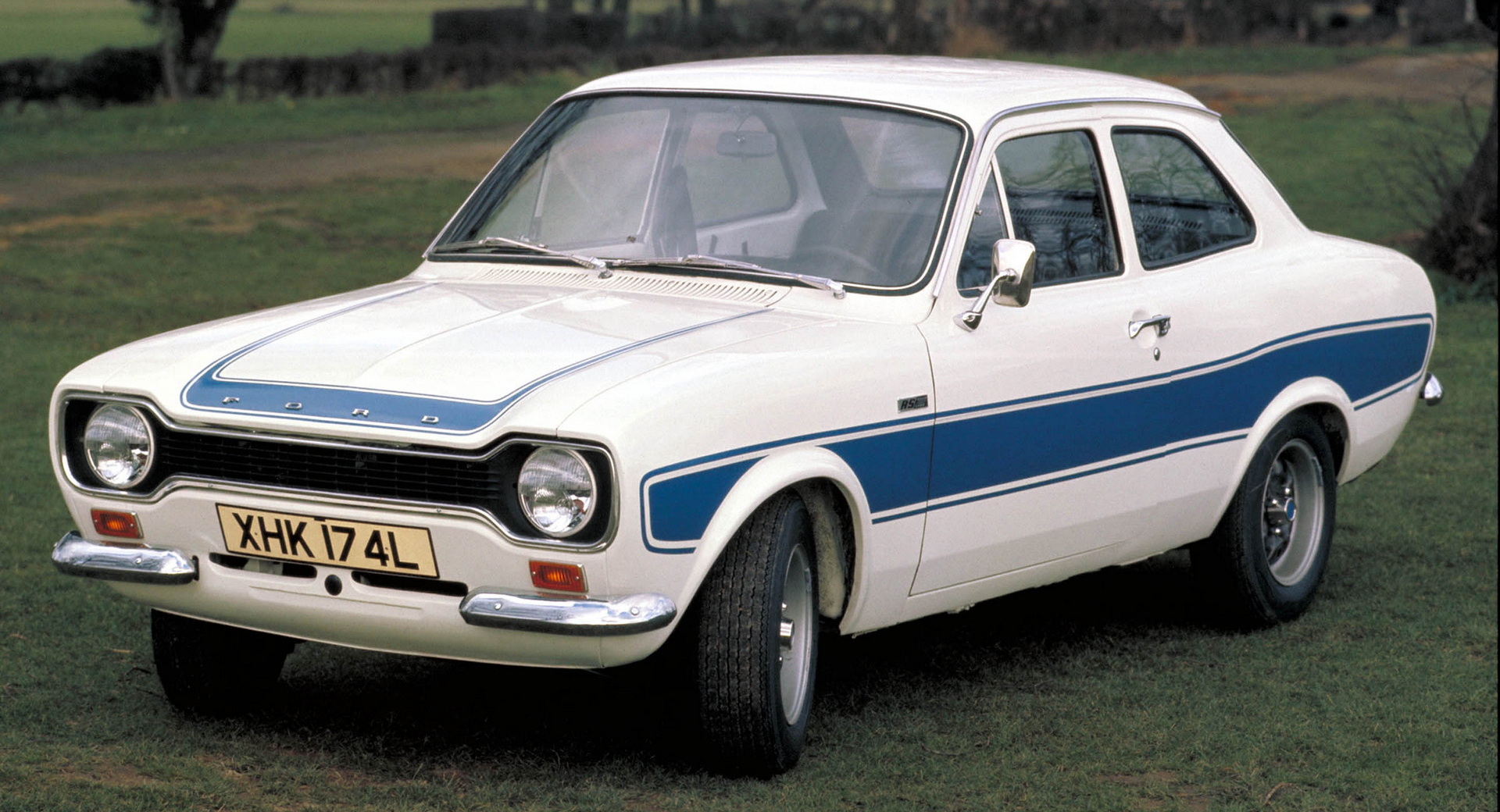Ford has shown an interest in the names of several of its classic cars as evidenced by a selection of recent trademark applications. The company appears to be thinking of using the names Capri, Cortina, Granada, Orion, and Escort once again.
The names, inspired by classic Ford vehicles, have been filed with the trademark offices in Europe, Australia, and New Zealand, as first reported by Ford Authority. All are for “land motor vehicles and parts and accessories therefor,” and all were filed for on December 23, 2021, with the European patent and trademark office.
The applications join the name “Thunderbird,” for which Ford filed legal dibs in the U.S. early this year. The company has also brought back the “Lightning” moniker for its electric version of its F-150 pickup truck.
Read Also: Ford Would Like To Revive More Classic Names For Future Models
Moreover, Ford also chose to use a classic name for its first modern electric vehicle, the Mustang Mach-E. Indeed, Ford has expressed an explicit interest in using classic names with an established market appeal on modern vehicles.
“There’s a lot of stuff coming from China which is very competitive, and the Koreans are already very competitive with beautiful designs and strong technology, so the question for manufacturers like Ford is ‘how do you position yourself?’,” said Murat Gueler, Ford’s European design chief, in September. “I think we have the unique asset of having nameplates from the past that we can tap into to emotionalize our product and to tell stories no other brand can tell.”
Since the Mustang Mach-E did so well, the company may look to mine its familiar past to ease customers into its newfangled EVs. That said, the use of classic names appears not to be limited to electric vehicles at Ford.
The company recently chose to use the name Raptor for its high-performance Bronco instead of Warthog because of its brand recognition. The Bronco name, too, is a revival, as is the name of the recently-introduced Maverick small pickup, which was previously used by Ford in the ’70s.
Even if these names do get used, then, it’s not certain they’ll be electric. If they aren’t, though, they won’t have long on the market before they become electric because the automaker wants to be all-electric in Europe by 2030.








